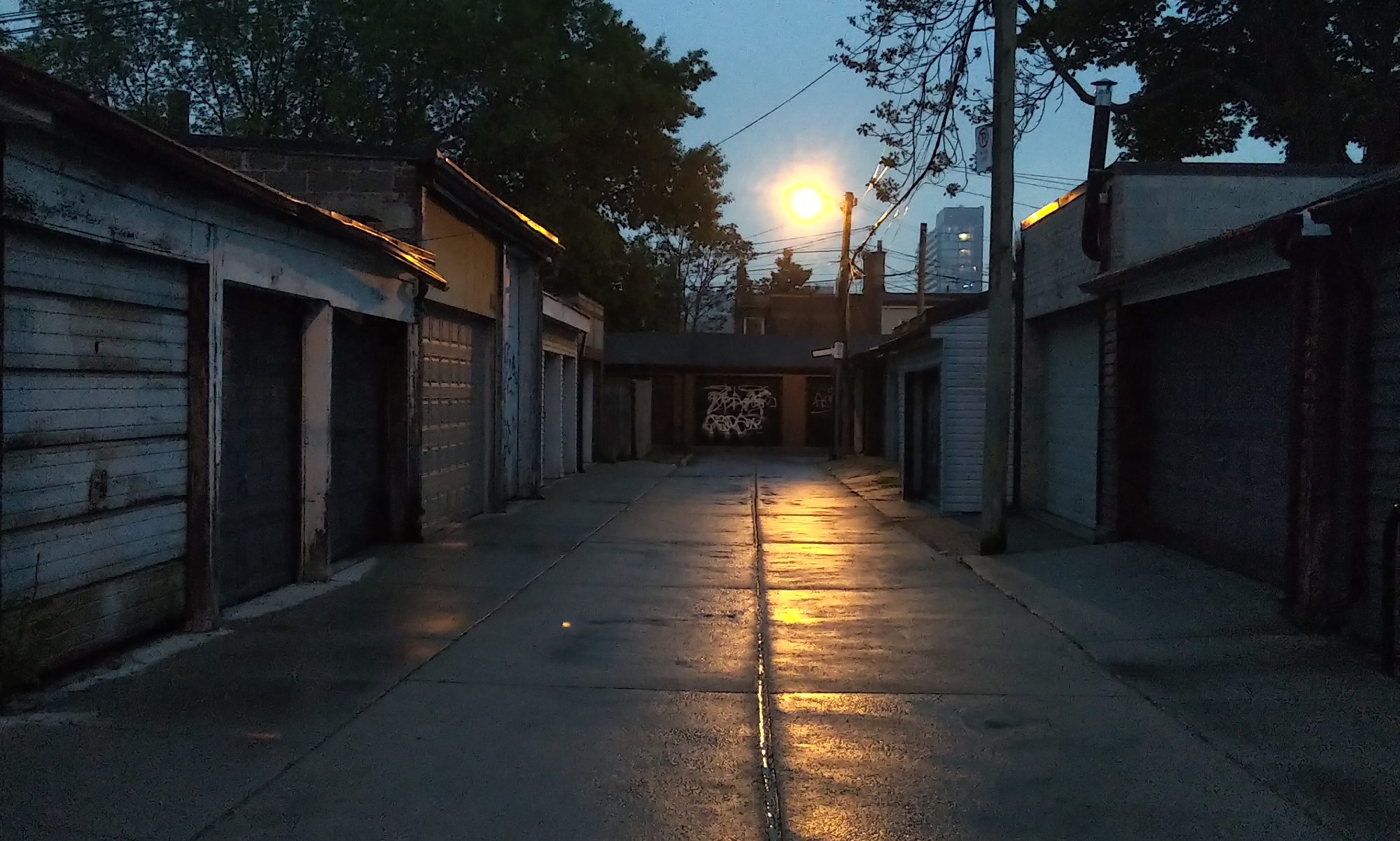[This originally started out as a post on my psychotherapy blog, but became so lengthy and opinion-laced that I figured I’d put it here.]
One comment I hear, particularly in op-ed sections of newspapers, is that as a society we are becoming “soft” (ostensibly because we are beginning to encourage children to discuss their emotions throughout public school life, and not just when they get in trouble or are victimized). Within this same argument is the contention that, thanks to people like me (mental health professionals), everything that is perceived to be wrong with the individual is to be blamed on other people or institutions. Thus, the contention is that individual responsibility is somehow being sapped of its strength.
I see no need to blame anyone for anything. If a client’s parents were too strict when they were growing up, it’s enough to explore it (and its effects) until such a time as the context of those events have a present-day meaning which will allow the client to lead a healthy, durable life and move on. My interest is with the client: their health, their well-being. I have no use for encouraging, casting, or redirecting blame. That is not within the philosophy of the modality of psychotherapy that I am trained in. It is certainly not within my personal philosophy. There’s not much to be gained from vilifying people and things.
Something to note is that many forms of victimization carry with it, primarily, shame (though other feelings may follow closely, like anger). The shame of not being able to avoid the caretaker who struck you. The shame of not being able to speak out about the racial discrimination you experienced in school. The shame of being sexually preyed upon by a coworker. Shame is a very deep hole to climb out of. Just talking about shameful experiences can retraumatize some clients – that is, put them right back in the original emotional context which first scarred them.
Survivors of abuse often feel responsible for their victimization, regardless of how little agency they had at the time they were victimized. In other words, if we are to talk about blame then we should talk about victims of abuse walking around blaming themselves. One of the tasks of therapy is to move the finger of blame away and to look at what has happened to a client with clarity, without an agenda. Then and only then can the process begin of assisting the client out of that deep hole I previously mentioned; assisting by paying close attention, sharing, talking. The client does the heavy work and I’m there to help in every way I can.
I cannot think of something which better defines individual responsibility than someone recognizing that something deep down within them needs to change, and undertaking the time and effort (and pain, and, yes, in the case of working with a therapist, money) to rework their understanding of themselves, to lift themselves to a higher point of view – and all that this entails both in the therapeutic space and in the outside world.
If by “soft” critics mean weak, then the individual who helps herself is not “soft” – she is not weak. She does not blame herself as she once did. She has taken control of herself and has worked hard to build awareness, and through awareness resiliency.



 (*This is not to say that, as someone who writes stories to be read, I am exempt from any of what I go on to describe.)
(*This is not to say that, as someone who writes stories to be read, I am exempt from any of what I go on to describe.)